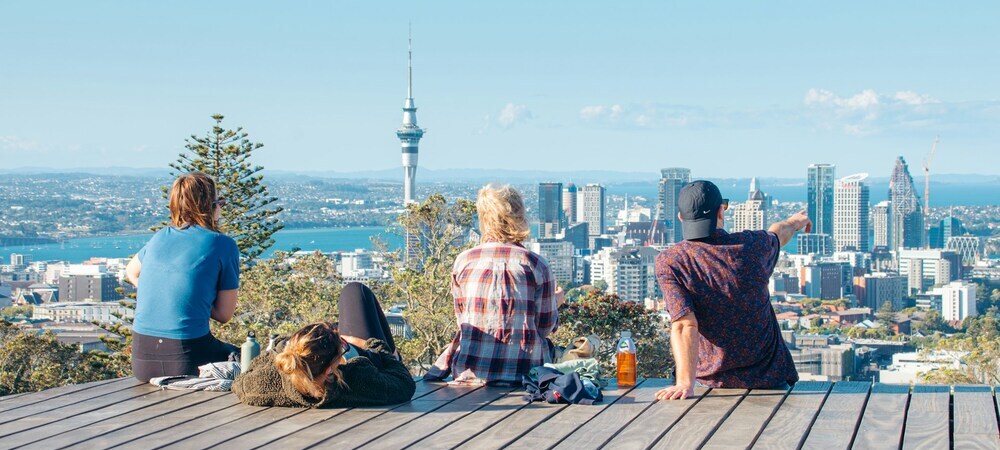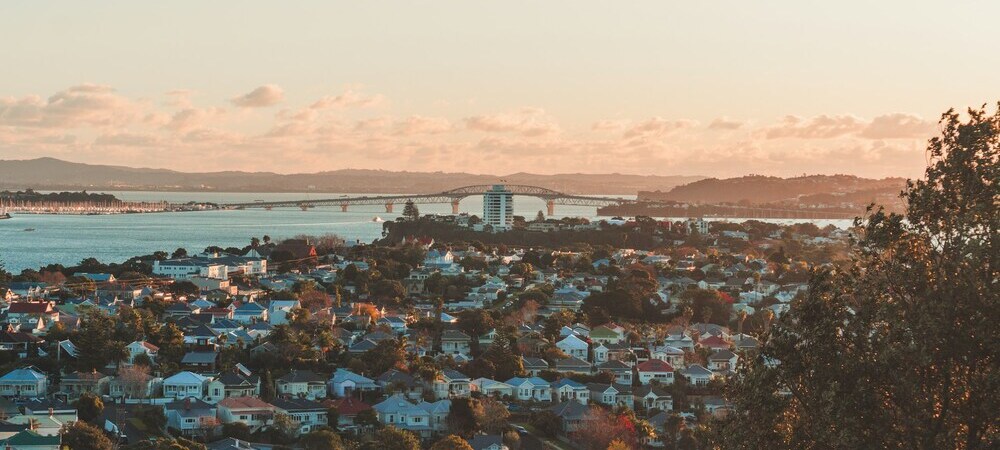Living in Auckland as an expat
When moving to Auckland, you can look forward to living in a modern, developed city with the charm and relaxed pace of a seaside community. Aptly nicknamed the ‘City of Sails’ owing to the many yachts sailing between Waitemata Harbour and Manukau Harbour, Auckland is well-situated on the north side of New Zealand's North Island.
With a population of around 1.7 million, Auckland comprises four main areas: Auckland City in the centre, North Shore on a raised peninsula to the north, Waitakere City to the west, and Manukau City to the south. Auckland is a culturally diverse city with a mix of locals, expats and Polynesian islanders.
Working in Auckland

As the largest commercial centre in the country, most expats relocating to New Zealand for work will likely end up in Auckland. The city typically produces a third of New Zealand's GDP, nearly double that of the entire South Island. The average salaries in Auckland are usually higher than elsewhere in New Zealand, with engineers, medical professionals, and IT and communication specialists being among the most in-demand professions.
Lifestyle in Auckland

Expats can look forward to a balanced lifestyle in Auckland. The city combines urban and suburban living with many parks, green spaces, and beaches, offering something for both city and nature lovers. There is plenty to see and do in Auckland, including visiting the famous Sky Tower or one of the city’s many picturesque marinas.
Entertainment options in Auckland are diverse and cater to a range of interests and budgets. You can catch a show at The Civic Theatre in the heart of the city, or watch the All Blacks at Eden Park Stadium. On weekends, the Parnell Farmer’s Market is definitely worth a visit, and, if you don’t mind the drive, so is Clevedon Strawberries on the outskirts of the city.
Local Culture in New Zealand
Pros and Cons of moving to Auckland
Finding accommodation in Auckland
Most expats moving to Auckland will rent rather than buy, as property prices remain some of the highest in New Zealand. Many expats start in furnished apartments while they search for suitable longer-term rentals.
Options to suit every budget and lifestyle are available, from apartments in modern inner-city high-rises to freestanding homes in the suburbs. Lease agreements are usually straightforward, though you’ll need to remember to pay rent on a weekly basis.
Auckland has numerous neighbourhoods to choose from, each bringing its own vibe at varying prices. You’ll be able to find accommodation in areas ranging from the bustling CBD to quiet suburbs like Epsom, Parnell, and Mount Eden. Seaside living in the coastal areas of Devonport and Takapuna is also an appealing option.
Using online property portals, local real-estate agents, or a relocation specialist can help you secure your dream home before it gets snatched up by someone else.
Renting Expat Accommodation in Auckland
Cost of living in Auckland
The general cost of living in Auckland remains higher than in other parts of the country, even if it's relatively low when compared to other Western metropolitan hubs. Most expats relocating to Auckland will find that they can live comfortably and even enjoy a few luxuries they might not be able to back home. Still, accommodation and food are likely to take a considerable chunk of expats' salaries.
Education and healthcare in Auckland
For expat families with children, Auckland offers a wide range of options for education. There are numerous public and private schools to choose from, providing a variety of curricula and educational approaches to suit different needs and preferences. Additionally, both free or low-cost state healthcare facilities and private hospitals are available throughout the city, ensuring that families have access to quality healthcare services.
Education and Schools in New Zealand
Healthcare in New Zealand
Getting around in Auckland
The city has several public transport options, including ferries, buses, trains, and taxis. Although public transport is accessible and affordable, owning a car and driving remain popular with expats and locals alike. Roads in Auckland are generally in excellent condition, and local drivers are usually respectful and mindful of the rules of the road.
Climate and weather in Auckland
The weather is the perfect incentive to select Auckland as your new home. Summers are warm, with the temperature averaging 68°F (20°C), while winters are moderate, with a mean temperature of 51°F (11°C). Keep in mind, however, that the city can experience a lot of rain year-round and that the wind can be a bit of a nuisance.



